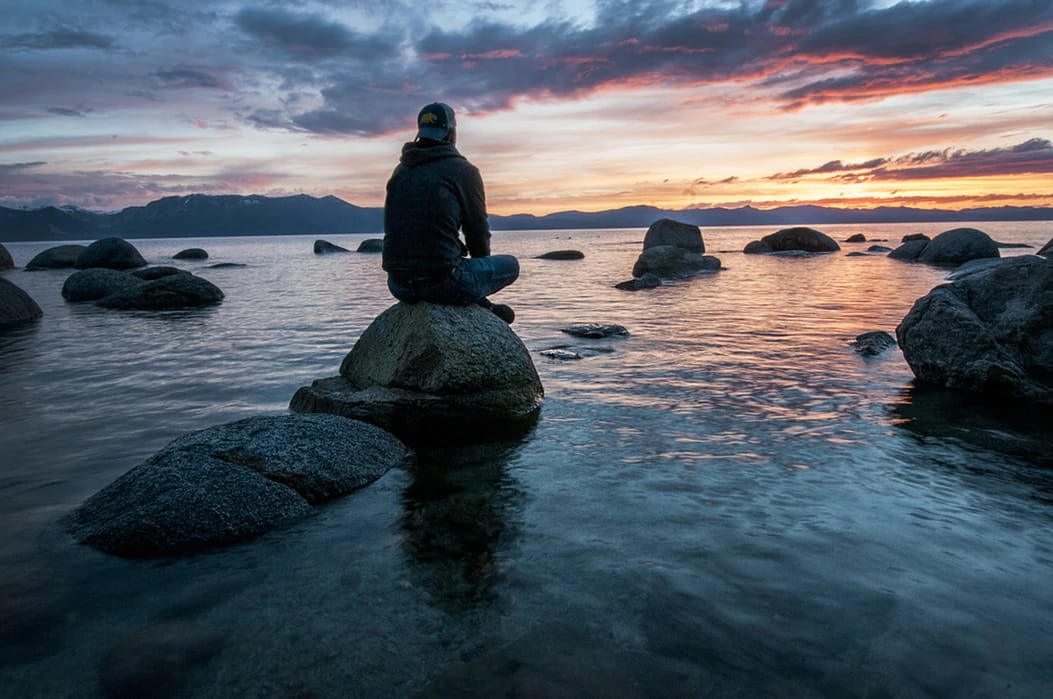SELF-ISOLATION GUIDELINES
Self- isolation simply means taking simple, common sense steps to avoid close physical contact with others as much as possible.
Self- isolation is recommended to all those who have recently travelled from other countries or if you have been in contact with someone who has been tested positive for COVID 19 or if you show symptoms.
Guidelines for Individuals or families in Self- isolation:
1. Talk to your employer, friends and family to ask for their help to assess the things you will need during isolation
2. Request work from home during this time
3. Try to stock at least 30 days supply of any needed medications, soaps/alcohol-based sanitizers, sanitary products, garbage bags etc.
4. Consider keeping a two week to 30 days supply of non-perishable food at home.
5. Avoid having visitors at home
6. If possible, ask friends or families to drop off things you need or order supplies online. Make sure that items are left outside your home for you to collect,so that no contact is made with the outside person.
7. Do not go out or use public transport like taxis or similar transport methods during the self-isolation period.
8. Monitor your temperature with a thermometer, twice a day. Watch for symptoms like fever, dry cough, fatigue, sore throat, headache or difficulty in breathing.
9. If you notice any symptoms, call the helpline first, before seeking medical help.
10. Cover your mouth while coughing or sneezing with a towel or tissue.
11. Throw used tissues in a lined trash can and immediately wash your hands with soap and water for at least 20 seconds or use a sanitizer with 60 percent alcohol content.
12. It is important to stay connected, but not in person. Keep in touch virtually through phone, social media etc.
WASTE DISPOSAL
All the waste that you have been in contact with, including used tissues and masks, should be put in a plastic garbage bag and tied up when full. The plastic bag then should be placed in a second bag and sealed. Do not dispose it or put it out for collection until you have test results or isolation period is over. Waste from an infected person should be incinerated carefully.
Guidelines for Individuals in isolation with family who does not need isolation:
1. When the family is living with a person in isolation, they should also take all the precautionary measures along with the person in isolation
2. Family members should wash their hands/ sanitize regularly as a precaution.
3. Family members should be careful not to touch their eyes, nose or mouth with unwashed hands.
4. Individuals in isolation should separate themselves from people in the family. They should stay in a well-ventilated separate room.
5. If you are in the same room, the individual should wear a mask and maintain a distance of minimum 1 meter from others.
6. Cover your mouth while coughing or sneezing with a towel or tissue and dispose it carefully.
7. Individuals should not share eating and drinking utensils, dishes, towels, washcloths, bed sheets, electronic gadgets, TV remotes etc.
8. Individuals should not share food and drinks or prepare food for others.
9. Individual should preferably use a different toilet and bathroom. If you are sharing a bathroom, make sure you clean and disinfect them every time you use them.
10. Clean and disinfect all shared surfaces with the isolated person has contact with, frequently
11. Individual should do their laundry separately.
12. Make sure you have no contact with an older or vulnerable person and children.
13. Individuals should keep away from pets. Family members should wash hands before and after contact with a pet as a precautionary measure.
14. Disinfect the door knobs/ handles and switches frequently.
15. Family members must also restrict themselves from going outside and interacting with others, unless it is a necessity
Guidelines for public/ neighbors of people in isolation:
1. We should remember that a person who is isolating themselves is trying to keep us safe while doing so.
2. To protect yourself, you don’t need to treat people in isolation like criminals or make fun of them or blame them.
3. Instead or in return, it is our moral responsibility to offer help to a fellow human being in isolation:
a. Offer to supply necessary things to their door. Call ahead and get to know their requirements.
b. Wash your hands before and after dropping off things.
c. Leave the things at the door, ask them to collect it after you are gone.
d. Be careful not to touch any possibly infected objects such as door knob, calling bell etc.
e. Make sure not to touch your face before washing your hands, once you have visited them.
f. Make sure there is no personal contact.
5. You can also make a phone call and enquire if they are doing okay.
6. Provide the emotional support you can, because staying in isolation can be stressful.
7. Always remember that humanity is above everything and that we can only fight this pandemic if we work together.
